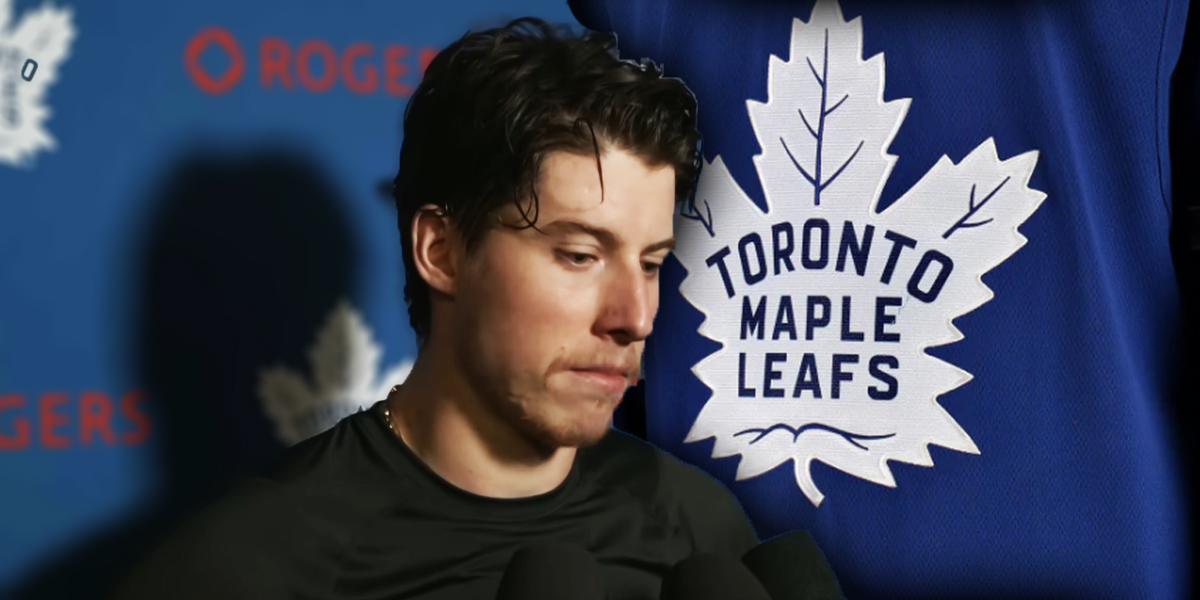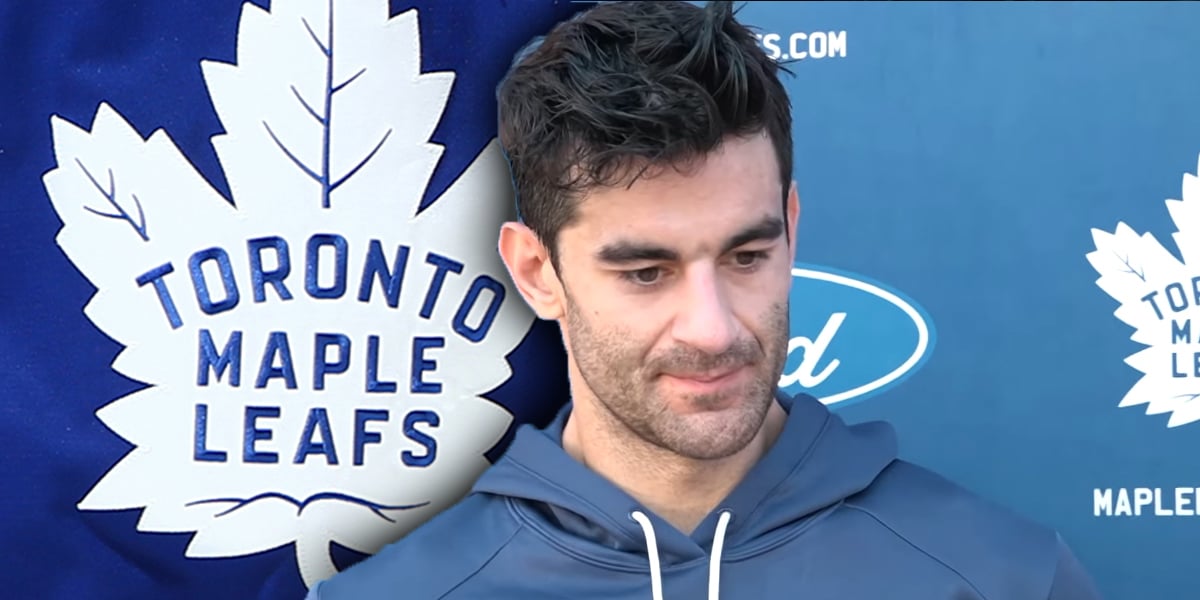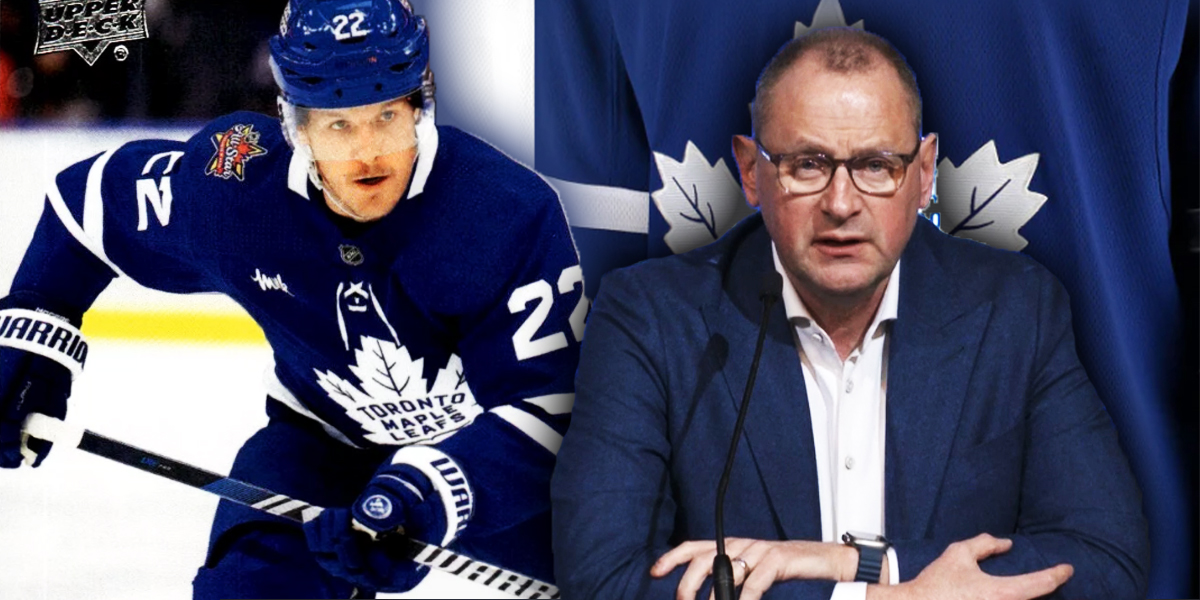Senior NFL reporter Albert Breer recently broke down the DeAndre Hopkins trade to the Kansas City Chiefs and speculated whether the Chiefs might still be looking to bolster their wide receiver group. Breer provided valuable insight into the factors impacting Kansas City’s roster decisions, particularly their salary cap and long-term strategy.
Here are the key points from Breer’s analysis.
Chiefs’ Financial and Roster Management
Breer highlights the Chiefs’ current position from a cap, cash, and draft pick standpoint. He notes that while Kansas City is tight against the cap, they strategically avoided mortgaging big contracts to fit Hopkins into their salary structure. This allowed them to maintain future flexibility as key players like Nick Bolton, Trent McDuffie, and Trey Smith are due for contract extensions.
The Chiefs are focused on building a strong “middle class” of players at cheaper rates, using draft picks to secure younger talent. Breer stresses the importance of draft picks for the Chiefs, which they’re reluctant to sacrifice, even in pursuit of a third consecutive Super Bowl.
DeAndre Hopkins: Key to the Chiefs’ Trade Deadline Strategy
Hopkins was acquired without Kansas City having to give up a top-100 pick, a crucial element of the deal. The Titans agreed to take on a portion of Hopkins’ salary, easing the Chiefs’ cap burden. According to Breer, the Chiefs see Hopkins as their main addition for the remainder of the season. He anticipates they won’t make any further significant trades unless injuries force a change in strategy.

Breer emphasized that while the Chiefs want to win now, they aren’t considering 2024 as an all-or-nothing season. With Patrick Mahomes as the quarterback, they can afford to think long-term. Having Mahomes allows them to balance their immediate needs with the future health of the roster.
Chiefs’ Depth and Injury Concerns
While the Chiefs added Hopkins, Breer discussed the broader context of their wide receiver depth and injury issues. JuJu Smith-Schuster, who left Kansas City, remains an option to return at some point. However, there’s uncertainty surrounding other wide receivers like Kadarius Toney and Marquez Valdes-Scantling. Despite these concerns, Breer pointed out that the Chiefs count on Hopkins to stabilize the position.
The Bottom Line for the Chiefs
Breer’s insights suggest that the Chiefs’ acquisition of Hopkins was a calculated move that balanced short-term needs with long-term strategy. Kansas City isn’t willing to mortgage its future for another wide receiver now. Instead, it’s banking on Hopkins and key returning players to lead the offense through the remainder of the season.
The Chiefs’ approach reflects confidence in its overall roster and a cautious view of the trade market.
Related: Kansas City Chiefs Win Super Bowl LVII, Mahomes Named MVP





